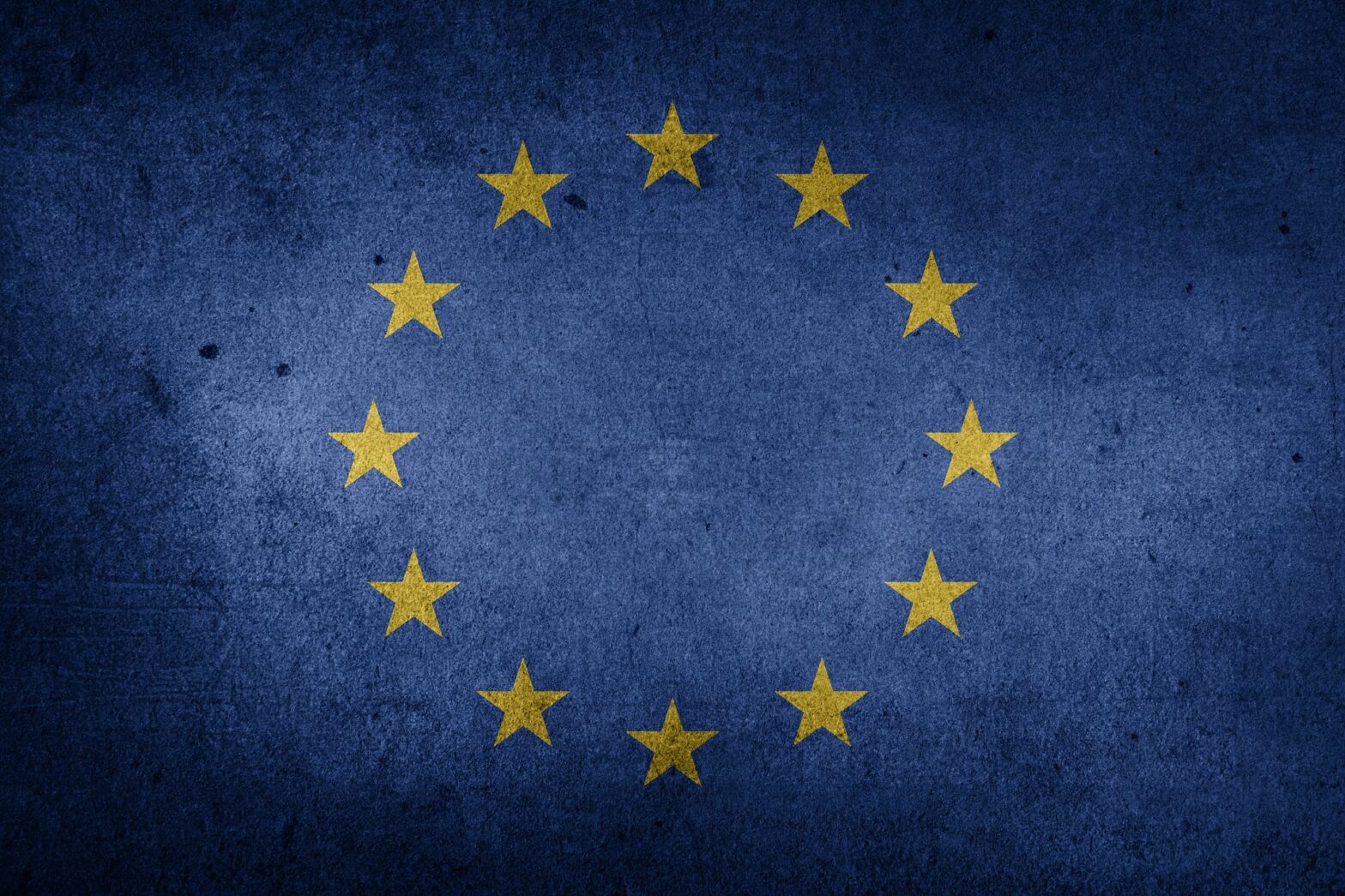In early September European Union member countries began discussing a price cap on Russian natural gas. Russia has drastically cut back on the amount of natural gas that it is sending to Europe, while at the same time dramatically increasing the price. In the following paragraphs, I outline why price caps on Russian natural gas will not solve Europe’s real problem, which is their energy shortage. Link to Yahoos news story
I do not think a price cap on Russian natural gas will help relieve Europe’s high energy cost or their energy shortage. Norwegian prime minister Jonas Gahr Støre was quoted, “A maximum price would not solve the fundamental problem, which is that there is too little gas in Europe” (Evans, 2022). Europe’s poor policies and lack of urgency for energy security have led them to this current problem. Take Germany for example, having upwards of 40% of their natural gas coming from Russia was a risky bet. Since the Russian invasion of Crimea in 2014, Germany should have been planning to break their reliance on Russian natural gas. Instead, they were constructing the Nord Stream two pipeline, which would bring greater volumes Russian natural gas to Europe. During this same period the Germans were implementing Energiewende, a policy that’s goal is to increase the share of renewables and phase out nuclear energy production. Energy generated by nuclear power plants accounted for 25% of Germany’s power generation in 2011, by 2020 they had shut down enough nuclear plants to cut nuclear electricity production by half (World Nuclear Association). Polices like this, along with their reliance on Russian natural gas have compounded Europe’s energy problem. They have put an excessive amount of focus on creating policies that are environmentally friendly that lack emphasis on human welfare. For example, if Germany would have had the foresight to not shut down half of their nuclear power plants, that would be 12.5% of the countries power generation that they would not have to try and make up for with natural gas imports during the winter months.
Price caps do not fix issues in supply. I would compare Europe’s price cap on natural gas to rent control on apartments. This classic economic example teaches that implementing a price ceiling does not fix the real problem, which is supply (Stossel). Prices have become so inflated is because Europe cannot generate enough electricity to heat and light homes and businesses. The European Union would be better off seeking to produce more electricity through any available source. Economist Walter Williams said, “the best way to destroy a city, short of aerial bombardment, is through rent controls.” I draw a direct comparison to the energy markets. implementing a price cap is the best way to have inadequate energy availability.
Price caps are never a promising idea in regular markets in normal conditions. This, however, is not a regular market or a normal condition. Russia is very clearly using its natural gas position in the region to conduct economic warfare. So, an argument could be made that in this situation, a price cap could be logical to depress the economy that is fueling the Russian war machine. Even with this argument in mind, Energy Management Director Mike McConnell still does not believe the idea of a price cap is a good strategy for Europe. He views the price caps as a game of chicken between the European Union and Russia. He states that if Europe does not fill their energy needs through sources other than Russian natural gas, they will have an out-of-control problem. In the end, the loser of the game will be the side that loses the most money, and price will not be affected.
Another factor that would decrease the effectiveness of price caps is the high demand for all energy fuels, including natural gas, coming from Asia. Zahra Tayeb, in his yahoo news article, states, “The loss of European buyers hasn’t stopped Moscow from finding a new market to sell its vast oil and gas resources however, as Asian buyers have snapped up its energy on the cheap.” If Europe does not want to buy Russia’s natural gas, other like-minded countries in Asia, like China, will. Asia is also competing with Europe in the global LNG markets. The global LNG import capacity is almost double export capacity currently, meaning that there is not enough LNG to meet the current demand (Marwa). The competition further clamps down on the already short supply of natural gas.
If Europe were to implement a price cap and as a result Russia cut off all natural gas supplies, demand for LNG exports from United States would increase. There would also be an increase in the United States domestic natural gas market because of the competition from LNG exports. Europe has imported a record amount of LNG so far this year, 60% more than a year ago. This number would increase if the remaining supply of Russian natural gas were to be cut off. In May of 2022, the United States supplied 38% percent of Europe’s LNG (Marwa, 2022).
To conclude, putting price caps on Russian natural gas is not an effective way to solve Europe’s high energy prices. To implement a price cap would only decrease the supply of natural gas in Europe further. While the price cap would hurt the Russian economy, Russia is able to outlast Europe in a price war. This is a result of the position that Europe put itself in by being reliant on Russia for their energy needs. European countries have not been strategic with their energy infrastructure and have also created policies that put the welfare of the environment above the welfare of their people. Europe will be best off trying to secure the most amount of energy that they can from any source that is available to them and from now on focusing their future energy policies on energy security.
Sources
Evans, Brian. “Europe’s Top Supplier of Natural Gas Says Capping Prices Won’t Fix the Continent’s Energy Crisis.” Yahoo! News, Yahoo!, 12 Sept. 2022, https://news.yahoo.com/europes-top-supplier-natural-gas-135640001.html.
McConnell, Mike. Interview. Conducted by Sam Perkins, 12 Sept. 2022
Rashad, Marwa. “Analysis: Asian demand, rising costs squeeze Europe’s LNG import plan” Reuters, 23 Jun. 2022, https://www.reuters.com/business/energy/asian-demand-rising-costs-squeeze-europes-lng-import-plan-2022-06-23/
Stossel, John. “How Rent Control Hurts Renters” Stossel TV, 15 Jun. 2022, https://www.youtube.com/watch?v=Tc8XQGEoEpYReuters
Tayeb, Zahra “Russia expects Asia to shun the West’s energy sanctions, Putin signals as he underlines Moscow’s pivot to the region” Yahoo! News, Yahoo!, 7 Sept. 2022, https://news.yahoo.com/russia-expects-asia-shun-wests-131357085.html
Unknown. “Germany’s Energiewende” World Nuclear Association, Jul. 2022, https://world-nuclear.org/information-library/energy-and-the-environment/energiewende.aspx

